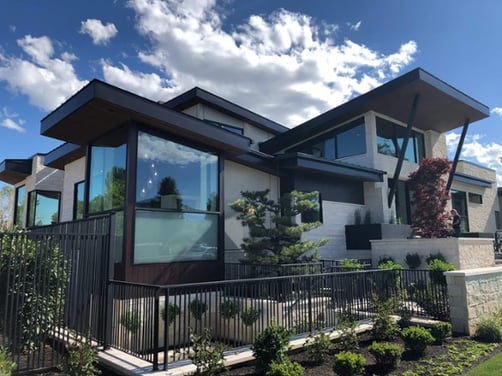
Heat and humidity do more than make us uncomfortable; they can also affect the health of a home. To keep your house safe and comfortable year round, it’s important to understand how excessive heat and moisture impact various aspects of your home environment. Below, we’ll explore how heat and humidity can affect your home, your energy consumption, and your health and comfort.
How Heat Affects the Home
Excessive heat, as we often experience during Midwest summers, can have damaging effects on a home’s physical structure as well as its energy efficiency and comfort. Heat stresses your home in several ways:
- It can cause paint to bubble, chip, and flake off.
- It can also damage your roof, since it is always in direct sunlight and bears the brunt of the heat. A damaged roof can lead to additional issues due to water damage.
- Heat can cause wood and glass to expand, affecting windows, doors, and wood flooring.
- As the ground heats, the dirt around the foundation shrinks and separates from the footing of the house, potentially causing shifts.
- Extreme heat can damage electrical appliances, which can become very dangerous very quickly. Cooling appliances like refrigerators and air conditions are forced to work harder and draw more energy, and various appliances could overheat and catch fire.
- High heat can cause plumbing pipes to expand and tear.
- Excessive heat can increase the humidity in your home.
Humidity in the Home
Humidity isn’t necessarily a bad thing. In fact, a certain amount of moisture in the air helps keep a home comfortable all year round. Too little humidity can cause static electricity, dry skin and hair, and increased susceptibility to illness. In many areas, it can be useful to run a humidifier in the winter, when the air becomes too dry, and a dehumidifier in the summer.
In the summer, excess humidity can make your home feel hotter and decrease its air quality. This can cause you to crank up the A/C, raising your energy bills, and worsen allergy symptoms, which may already be running rampant at that time of year. Moisture can seep into cracks and areas with poor seals, creating the perfect environment for mold and mildew. It can also cause wooden fixtures and drywall to swell, creating cracks and other damage.
Signs of Excess Heat & Humidity
The most obvious sign that your home has a problem with heat and humidity is your own lack of comfort. If your home feels hot and humid, it’s probably too much. Other signs of heat and humidity issues include warped wood items, peeling paint or wallpaper, and condensation on windows. Mold and mildew thrive in humid environments. Musty odors and stained walls or ceilings can indicate mildew or mold growth. Keep in mind that even if you can’t see the growth on the walls or ceilings, mold may be growing inside them.
Effects on Health and Well-being
If your home’s humidity is out of control, it can put your family at risk for respiratory issues and aggravation of existing conditions like allergies and asthma. Something that may be surprising is how humidity can affect the quality of sleep. Being too hot is uncomfortable enough, and if you’re dealing with other respiratory issues, the humidity can make it next to impossible to fall asleep. High humidity can actually reduce the amount of time you spend in certain sleep cycles that are crucial for your overall health.
Solutions for Heat and Humidity Control
In warm weather, it’s best to keep the humidity in your home around 40–50%. Iowa is among the most humid states in the U.S., with an average relative humidity of more than 72%. Luckily, there are ways to reduce heat and humidity inside your home. You can remove moisture from the air with stand-alone dehumidifiers. However, installing a whole-house humidifier is the most effective way to control humidity levels throughout the home year round, as it adds or removes moisture as needed and works with your HVAC system to circulate the air.
It is important to partner with a professional who can assess your property and provide customized solutions to keep your home’s humidity in check. Your chosen professional may need to install (and help maintain) a new air conditioning system or whole-house humidifier, which you should never do by yourself.
If you are experiencing issues with high humidity inside your home, Hedrick Construction can help. Our qualified technicians have extensive experience in heat and humidity control. We are committed to customer satisfaction and can make the installation and maintenance of a new cooling system simple.
Subscribe to our blog today for more advice on keeping your home safe and comfortable year round.
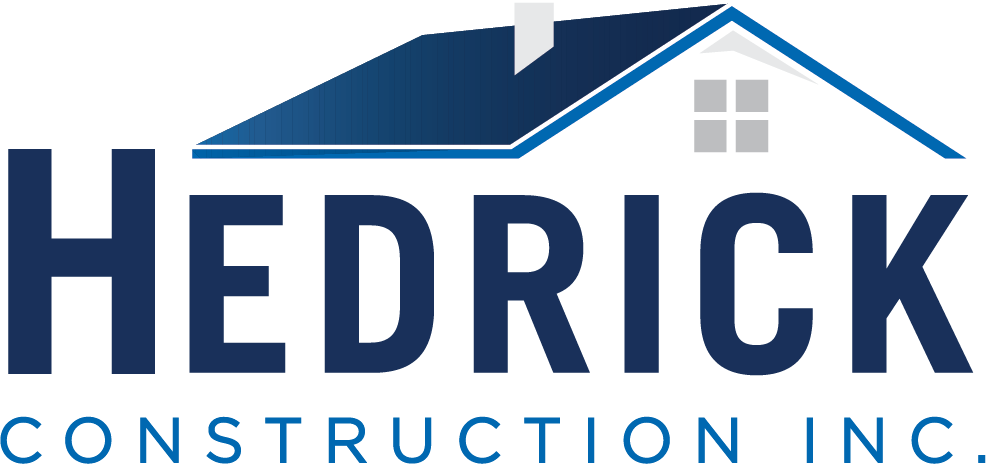


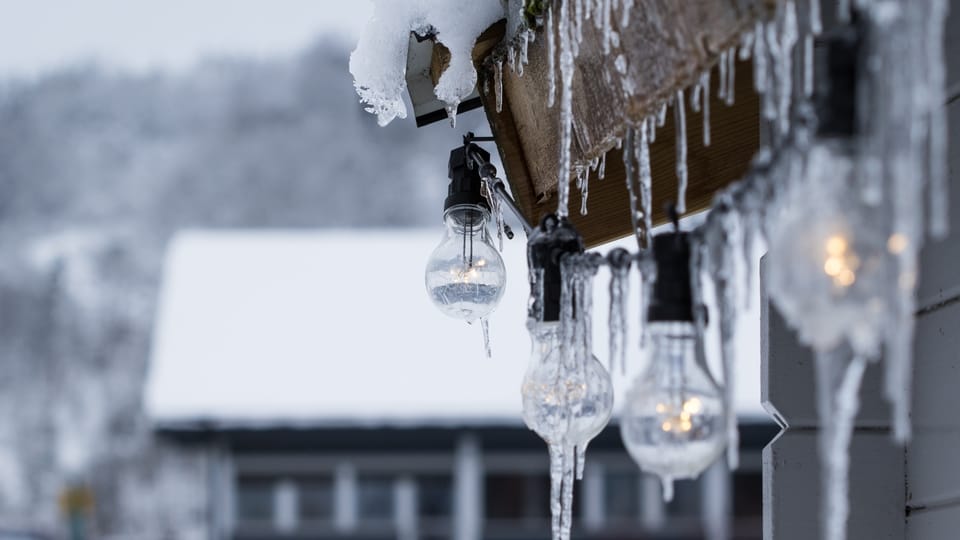
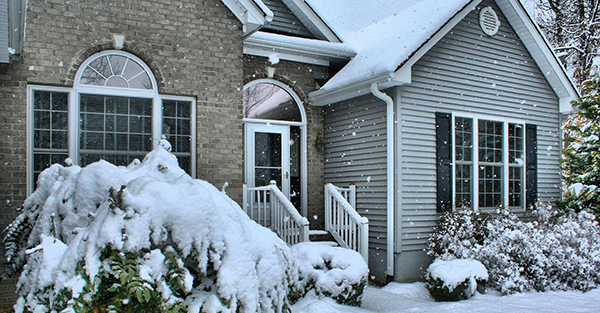
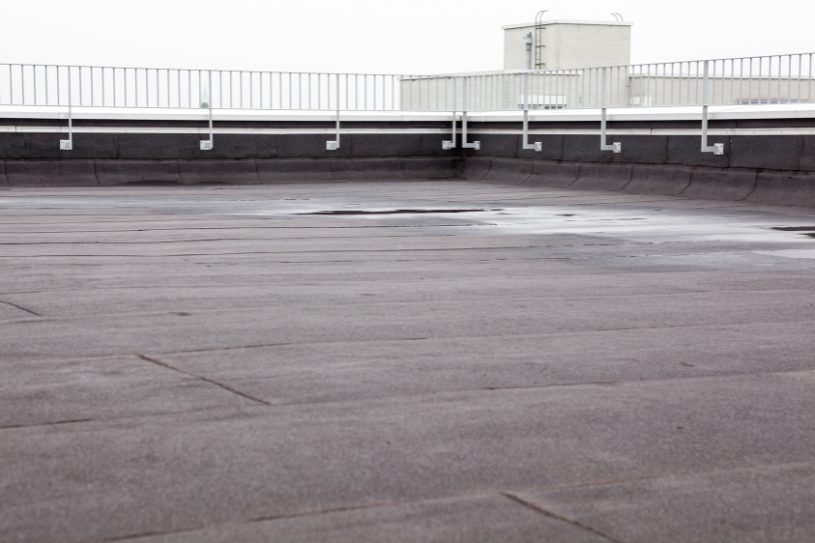
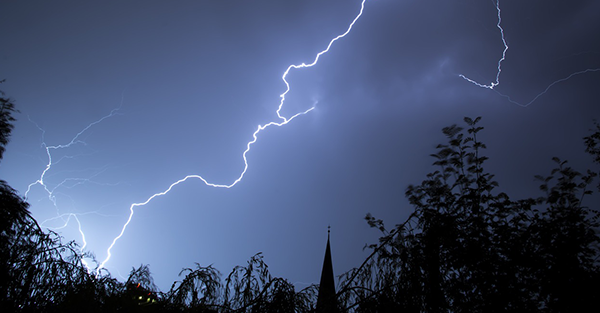
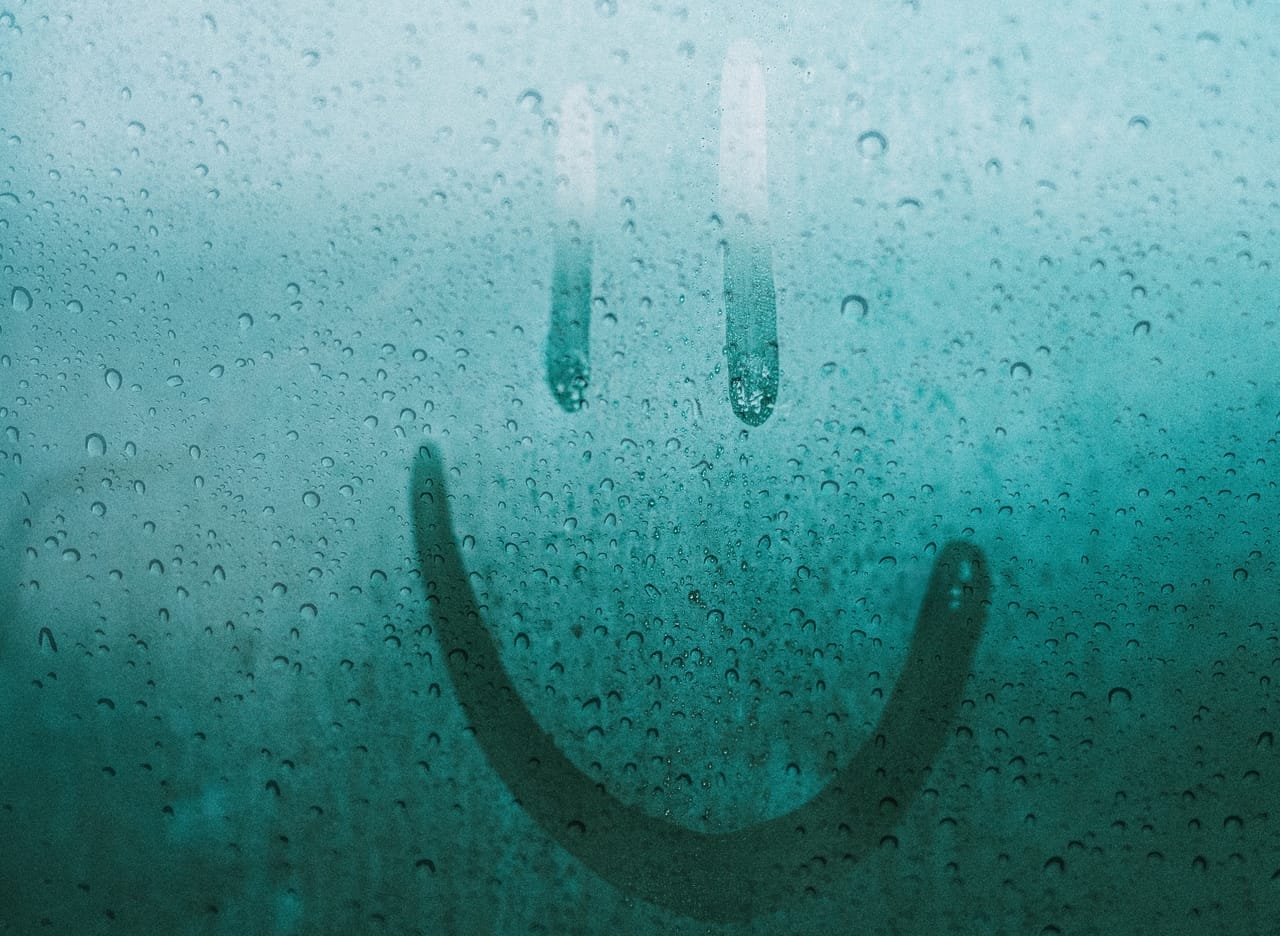
Comments